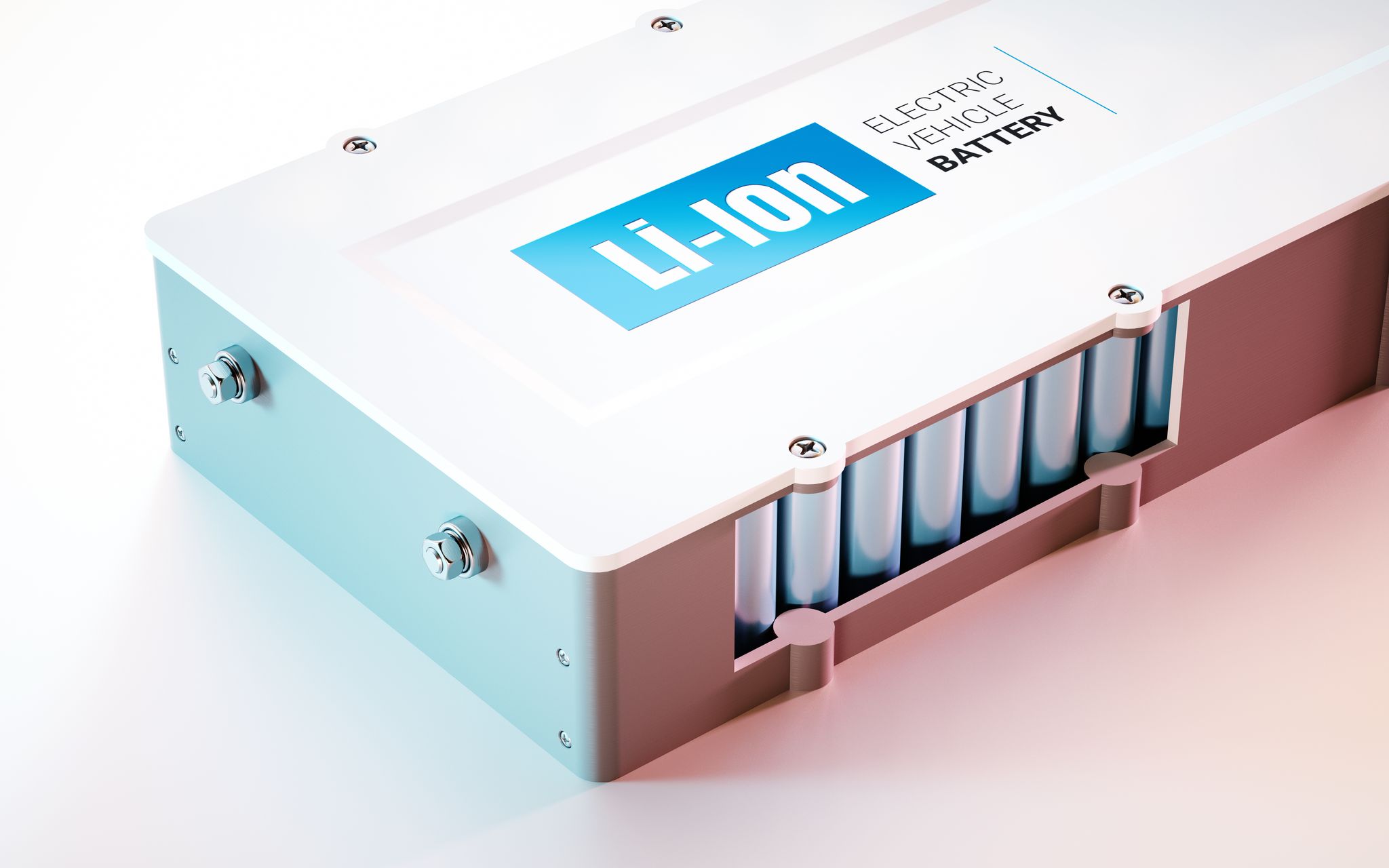Cathode Studies

Cathode studies largely focus on exploring the use of new and improved materials suitable for energy storage applications.
The underlying materials used for electrodes have a dramatic influence on battery performance. Scientists continue to improve techniques for development of traditional lithium Ion batteries but research is also focused on sustainable alternatives to cathode materials.
Related Products
Hiden Analytical is one of the world’s leading suppliers of differential electrochemical mass spectrometry (DEMS) solutions for advanced cathode studies and lithium-ion (li-ion) battery research. This is a critical area of research and development for sustainable energy storage devices lightweight enough to support a range of mobile electronics applications.
Cathode Characterisation: New Structural Materials
The true impact of cathode materials on li-ion battery performance was demonstrated by a joint team of chemists who were awarded with the Nobel Prize for Chemistry in 2019 for their efforts. They suggested replacing potentially hazardous lithium metal elements with novel electrodes based on lithium ions immobilised in a metal sulphide framework. This mitigated the potential explosivity of lithium metal elements if exposed to air, while subsequently doubling energy capacity.
High energy, high power cathode materials that can facilitate both discharge and recharge cycles through variable ion and electron transportation are now an intensive area of research. Numerous structural groups are currently under consideration for next-gen energy storage devices, and DEMS is one of the leading solutions for advanced cathode studies.
The Hiden DEMS instrument is compatible with a near limitless range of electrode and electrolytes to support the broadest possible scope of materials research. Contact us today for more information about our mass spectrometry solutions for surveying different combinations of electrodes and electrolytes.
Mass Spectrometers for Electrochemistry Applications
Sampling Inlets for Hiden Mass Spectrometers: Gas, Vapour and Liquid Sampling Systems
Integration of BioLogic Potentiostat with Hiden HPR-40 DEMS Mass Spectrometer
Summary of DEMS Cells and Sampling Interfaces for Electrochemistry Applications – TI-20022.2
Uncovering LiH Triggered Thermal Runaway Mechanism of High-Energy LiNi0.5Co0.2Mn0.3O2/Graphite Pouch Cell 2.89 MB 44 downloads
Uncovering LiH Triggered Thermal Runaway Mechanism of High-Energy LiNi0.5Co0.2Mn0.3O2/Graphite...- 1
- 2

